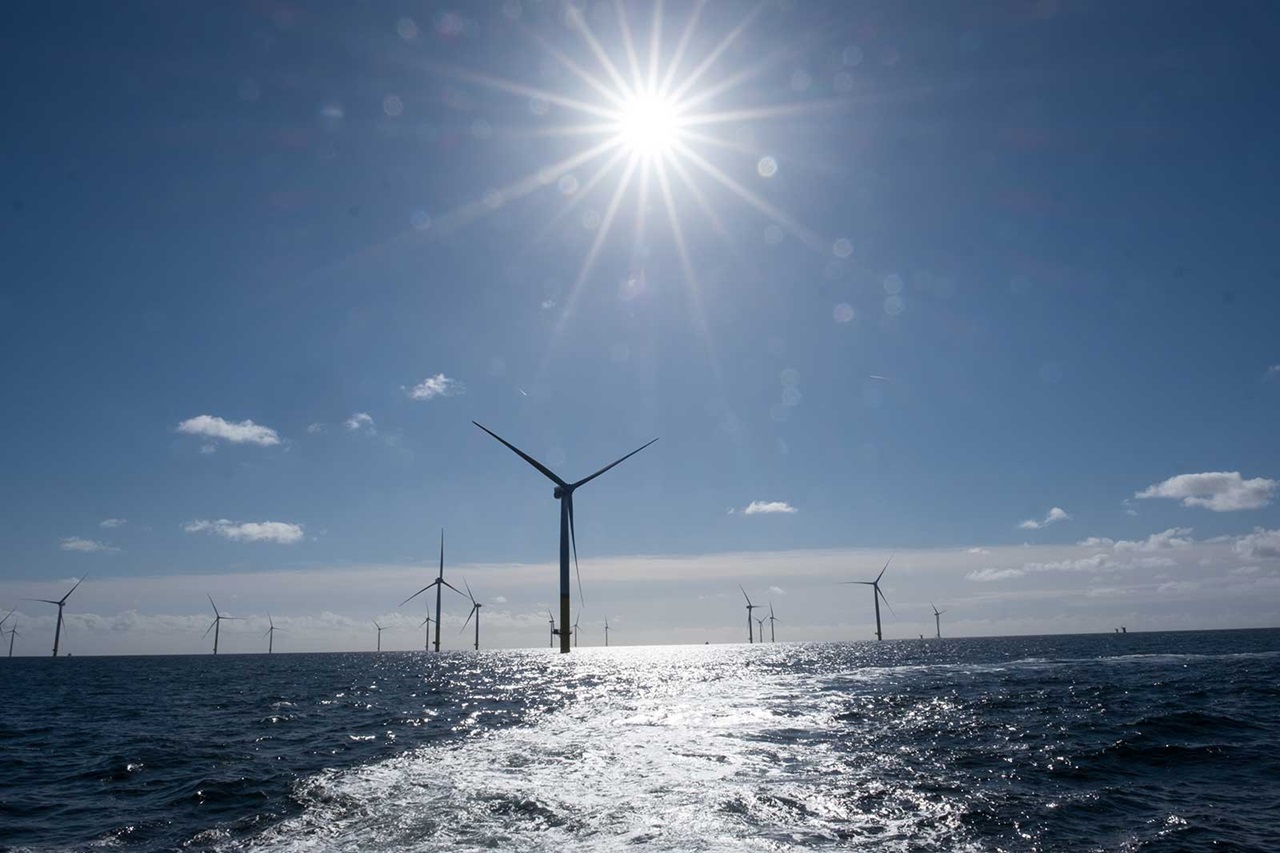The Netherlands – RWE is participating in the Dutch offshore wind tender for Hollandse Kust West (HKW).
The Dutch government has set an ambitious goal of building out 21 GW of offshore wind capacity by the year 2030, and the company has submitted bids for both HKW site VI and HKW site VII. In the North Sea, about 53 kilometers from the Dutch coast, these areas can be found. Both sites will have a combined offshore wind capacity of more than 760 MW. The proposed design for HKW site VI aims to have a positive impact on the North Sea ecosystem, whereas RWE’s concept for HKW site VII is a blueprint for the perfect integration of offshore wind farms into the Dutch energy system, including 600 MW of electrolyser capacity onshore and access to storage space in the planned onshore hydrogen backbone.
Effect on biodiversity
RWE’s bid for HKW site VI includes innovative features to ensure that the offshore wind farm is constructed and operated in harmony with the surrounding ecosystem. As a significant step toward rewilding the North Sea, RWE’s unique design concept for HKW VI will help minimize negative effects on plants and animals, both above and below sea level. In order to rewild the area, RWE plans to install artificial reefs and floating gardens. All kinds of wildlife, including birds, fish, and sea mammals, will benefit from this because it will improve the habitat and strengthen the food chain. RWE will use special vibro piling techniques to minimize disturbance from the installation of the monopile foundation in order to protect the ecosystem as well.
Furthermore, RWE’s bid is based on a comprehensive R&D (Research & Development) program with leading partners in North Sea ecology. This includes the Netherlands’ top universities and research institutes, as well as a number of new research and PhD positions in the field of innovation and entrepreneurship.
Holland’s power grid
An offshore wind farm integration blueprint has been developed by RWE to address the challenges of balancing fluctuating renewable energy production and flexible demand for energy. System integration of offshore wind is the company’s main goal. RWE intends to focus on combining the HKW VII offshore wind warm with 600 MW onshore electrolysers for green hydrogen production, supplying hydrogen and electricity to existing and new customers in the Netherlands’ industrial sector.
E-boilers will be used for heating, battery storage and charging solutions for electric vehicles are also on the company’s agenda. In close collaboration with partners in Groningen and Brabant, large portions of the investments are planned. For the sake of speeding up the commercialization of new technologies, RWE intends to assist many innovators and startups in putting their ideas into practice.
Cooperation
More than 40 partners will work together to implement the comprehensive solutions for system integration and ecological measures, research, and knowledge sharing. Customers and industrial partners that RWE assists in decarbonizing their businesses through new flexible demand investments are included in this category. RWE will also support start-ups and innovators in demonstrating their innovations in a practical environment. For the purpose of exchanging and disseminating information, RWE will work in conjunction with academic institutions, such as universities and colleges of applied science.





